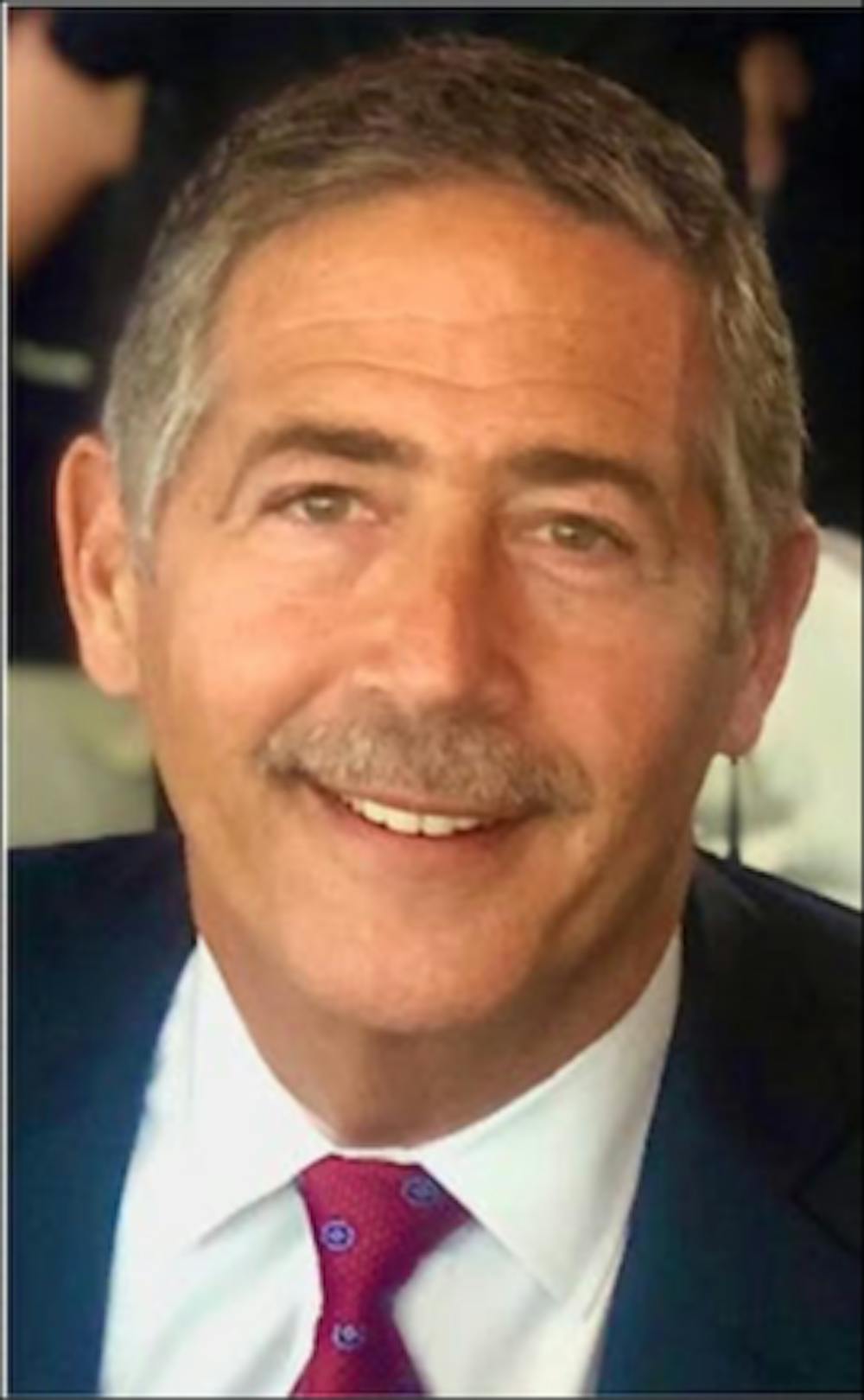By Rebecca Heath
Arts & Entertainment Editor
Fueled by his passions for political activism and writing, College alumnus Stuart Goldstein ‘72, author of “Moe Fields: The Special Bond Between Fathers and Sons,” joined the Signal during his freshman year in hopes of empowering students to fight for change alongside him.
“I'd go to my English classes in the morning…and then at noon time I'd go home, and I'd put on a suit. I'd go down to the state legislature and lobby for legislation to get funding for [the College] or for voting rights,” Goldstein recalled. “I started to realize that I could reach more people if I wrote. And so I used to write in the Signal...I was always obsessed with how to change the world around me.”
A frequent writer for the publication, Goldstein addressed issues that resonated with the student body, such as tuition increases at the College and voting eligibility. His junior year, Goldstein transitioned into the role of managing editor, which challenged him to advise Signal reporters, generate story ideas and support the editor-in-chief.
Goldstein’s fruitful experiences at the Signal inspired him to pursue a part-time reporting gig at the Trenton Times his senior year, where he quickly landed a front page story about racial discrimination on campus. “It’s my proudest moment,” he said.
While Goldstein initially sought employment in the news industry after graduating from the College in 1972, the ongoing economic crisis at the time forced him to rethink his next steps.
Equipped with an abundance of experience in lobbying and organizing campaigns from his stint as a student activist, Goldstein kickstarted his political career as the state Public Defender’s Special Assistant for Public Affairs, a position he held for nearly eight years.
But when Goldstein neared thirty, he met his wife, who encouraged him to shift into the private sector.
“My wife was the daughter of two Holocaust survivors, born in Israel, after her parents were liberated from camps,” he said. “She wasn't interested in public nature politics, going to dinners, me gone all hours of day and night working on campaigns…she came from a different world.”
So in 1982, Goldstein pivoted his career and secured an esteemed vice president position in the chairman’s office at Citicorp, where he headed national public affairs and oversaw a team of twelve staffers.
“At the time, Citibank was the largest bank in the world,” he said. “And so this middle class kid wound up in the chairman's office at Citibank…I was pinching myself.”
While surrounded by colleagues with ivy league degrees, Goldstein said his diligence set him apart.
“I was the first one there in the morning and the last one to leave at night. And that was the difference,” Goldstein said. “It's not just the quality of the education, but it's also the work ethic that defines whether or not you'd be successful.”
Goldstein was later promoted to deputy director of public affairs for Citicorp before becoming the director of corporate communications for American Express, where his efforts centered around keeping the company “out of the press.”
“Most of my career before that was getting press,” he said. “The biggest part of the transition…is the anxiety that you have every day. If you made a mistake, these would likely show up on the front page of the New York Times or Wall Street Journal...and you could be out of a job over such a mistake.”
The public relations industry veteran went on to lead as Managing Director of Corporate Communications and Public Affairs for the Depository Trust and Clearing Corporation for the last twenty years of his career. In his capacity, Goldstein served as a corporate spokesperson, built a global brand image program and co-authored books for distribution to Congress and global regulatory organizations.
“The normal tenure for that job is three to five years,” he said. “I consider it a lucky, remarkable kind of career.”
Soon after retiring in 2011, Goldstein switched gears and dived into his next endeavor: a non-fiction book celebrating his late father.
“My father helped the family through some really difficult periods because of that fighting spirit that he carried along with him,” he said.
In 1987, Goldstein submitted a story to the Trenton Times that captured a glimpse of his father’s life and legacy. The article received an abundance of unanticipated support from readers following its release and later formed the groundwork for his 2021 novel, “Moe Fields: The Special Bond Between Fathers and Sons.”
“I tucked it away in the back of my head and I said, ‘I wonder if someday I can expand this and actually write a book,’” he said. “My one regret in life at the time was that my children were born after my dad passed away. But I thought, ‘well, if I tell stories, then maybe the kids will have a sense of what my dad was like.’”







